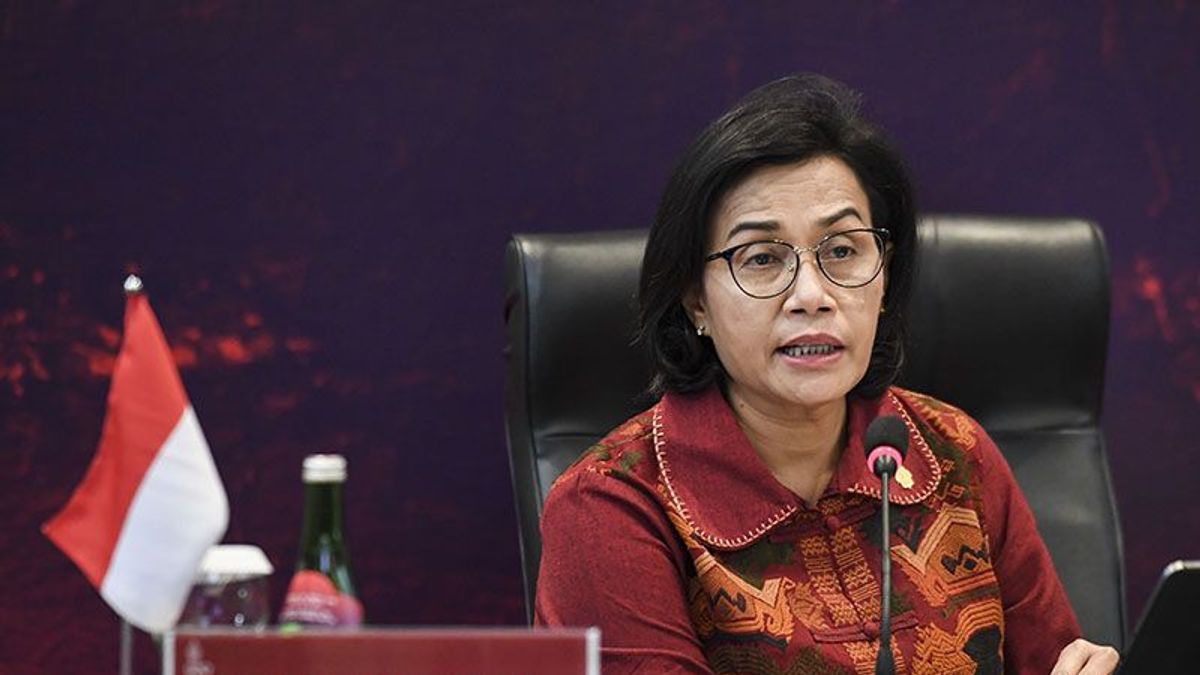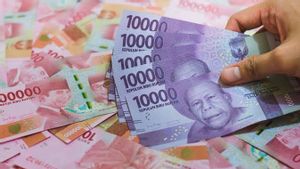JAKARTA - The government has issued Minister of Finance Regulation (PMK) Number 81 of 2024 concerning Tax Provisions in the context of Implementing the Core System of Tax Administration (Coretax). PMK Number 81 of 2024 is set on October 14, 2024 and comes into effect on January 1, 2025.
Director of Counseling, Services and Public Relations Dwi Astuti said the issuance of PMK is a necessity for regulation in the context of implementing a more transparent, effective, accountable and flexible tax administration system update.
The tax reforms involve 5 (five) pillars, namely the organizational pillar; Human Resources; Information Technology and Database; Business Process; and Legislation Regulations. This pillar of Information Technology and Database and Business Process needs to be regulated through comprehensive regulations.
Dwi said that the points regulated in PMK are the legal basis for implementing the results of the restructuring of the business process (Business Process Reenineering) in the new tax administration core system.
"This PMK has an impact on 42 (fourty-two) regulations that are still in effect. Currently, we are working on derivative regulations which are instructions for implementing PMK Number 81 of 2024. With these implementation regulations, we hope that public understanding of the matters regulated in PMK Number 81 of 2024 will be easy to achieve, "said Dwi in his statement, Monday, November 18.
The issuance of PMK Number 81 of 2024 facilitates the conveniences that will be enjoyed by taxpayers. These conveniences include:
1. Registration becomes easier, can be done at all Tax Service Offices (borderless), through various channels provided by the Directorate General of Taxes or through other parties (omni channels), and validated with a single source of truth.
2. The availability of Taxpayer Accounts that can be accessed online through Taxpayer Portal makes it easier for Taxpayers to be able to carry out their rights and/or fulfill their tax obligations electronically.
3. Due to payment or payment period, several types of taxes are uniformed to the following 15 months. This uniformity facilitates governance and administration of tax payments.
4. Taxpayers can make payments and tax payments using Tax Deposits. The existence of tax deposits can prevent taxpayers from the risk of delaying tax payments.
5. The government makes it easier for the process of applying for PPh facilities without the need to attach a Fiscal Certificate (SKF) as long as the Taxpayer meets the specified criteria. Previously, to obtain PPh facilities, Taxpayers had to attach Taxpayer SKFs and/or all shareholders.
SEE ALSO:
6. One billing code can be used to pay more than one type of tax deposit. Previously, one billing code could only be used to pay one type of tax deposit.
7. Ease in reporting Notification (SPT) with a prepopulated feature. Previously, the prepopulated feature relied heavily on the reporting of Tax Cut Tax Returns and was limited to the type of PPh Article 21.
In the future, the prepopulated feature will automatically be available in doodles because cut evidence is made there. This feature not only accommodates Article 21 of PPh, but also includes Article 15 of PPh, Article 22, Article PPh 23, Article 25 PPh, and Final PPh Article 4 paragraph (2), so that reporting of PPh Annual SPT will be more efficient.
8. Registration of UN objects to obtain Tax Object Number (NOP) and reporting Tax Object Notification Letter (SPOP) is carried out at KPP where Central Taxpayers are registered.
The English, Chinese, Japanese, Arabic, and French versions are automatically generated by the AI. So there may still be inaccuracies in translating, please always see Indonesian as our main language. (system supported by DigitalSiber.id)
















